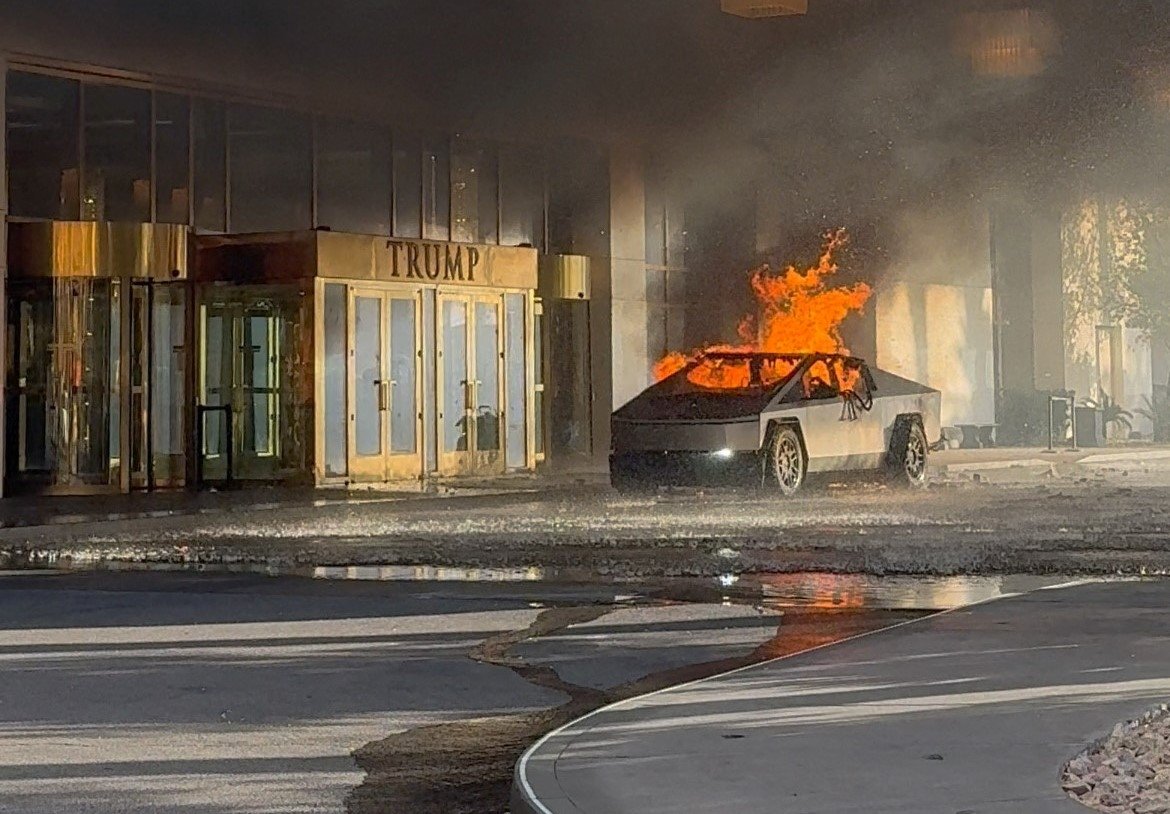More than 40,000 Oregon students returned to classes Nov. 27 for the first time since Nov. 1 as Portland teachers ended the longest U.S. teachers strike in 2023. Over the weekend of Nov. 25 and 26, Portland Public Schools (PPS), the largest school district in the state, reached a tentative agreement to end the more than three-week strike that started on Nov. 1.
The city’s first-ever strike lasted 11 instructional days when factoring in weekends and holidays. “Obviously I like not being at school, and I don’t like being back but we had to go back. But it was really hard having to go back and get one two hour late start and that was all. Having a full five day week after being off for three weeks like coming back from summer break or winter break it’s just exhausting, and at that point most people didn’t expect to go back that week. I know it was really hard for a lot of teachers because they were picketing too,” said Annabel Semro, a senior at Franklin High School (FHS).
After months of negotiations, Portland’s nearly 4000 educators received “key wins” for mental health support, smaller class sizes and cost of living compensation increases, an overall pay raise over three years, $20 million dollars for classroom renovations and a first-ever contract article dedicated to special education.
Some key points of the contract that reached agreement between the district and the union include paying overage bonuses to teachers with overcrowded classes. The contract adds 15 minutes to the school day for elementary and middle school students beginning next school year. It increases minimum teacher planning time by 90 minutes every week, from 320 minutes to 410 minutes — or nearly seven hours per week — for elementary and middle school educators. PPS will use $20 million of the money it’s getting from the Portland Clean Energy Community Benefits Fund (PCEF) to fix extreme building temperatures and manage environmental concerns. Part of that is investing in heating and cooling systems. It also says the district will review its pest management program and address issues with deferred maintenance. The contract also establishes an article specifically for special education staff that did not previously exist. This outlines protections specific to these teachers, including staff ratios and caseloads. Amy McNeely, a science teacher at LOHS whose husband is a teacher at Cleveland High School said, “My husband is disappointed with the cost-of-living adjustment (COLA); he feels that they have lost ground compared to inflation. Previous contracts did not keep up with inflation as well. He is happy that they were able to keep their overage pay for large class sizes. However, he wishes that there had been a way to actually reduce class sizes rather than just be paid to teach unreasonably high numbers of students. A win for the contract was planning time for elementary and middle school teachers, who really needed it.”
Students and teachers will make up the lost class time during Dec. 18-22, Jan.11-12, Jan. 26, Feb. 19, April 8 and June 12-14. Several students feel fairly similarly about the make up dates and while they understand why PPS is doing it they wish they could’ve chosen smarter days, freshman Violet Silva at FHS said, “I understand why they need the makeup dates for college but I don’t get why they chose the days they did. I feel like they could’ve chosen smarter days that weren’t so soon since so many families have already made plans for the break.”
Semro added, “I understand the reasoning they gave us for it and the random added days they gave us really don’t make a difference to me, but the week of winter break is really frustrating and kind of pointless. We keep being told ‘oh you just had three weeks of a break,’ but we spent every night not sure if we were going back to school the next day. Personally, I’m not going out of town, but it kind of seems pointless because at least at Franklin, like half the teachers are already gonna be gone so you can’t teach much with subs so it’s not like much learning is going to be done in that school week anyways.”
However coming from a teacher’s perspective it is a bit of a different point of view towards the make up dates, McNeely said, “He is happy that they are making up for the lost days, that was always the union’s plan, but wishes that they didn’t have to work the full week before Christmas. For teachers and school families that travel for the holidays, it’s difficult and often costly to change plans at the last minute. However, it is helpful to make up the time now, rather than in the summer, for the high school students who are taking IB/AP tests in the spring.” There are several mixed feelings surrounding the make up dates but either way PPS has to make up for the lost time.




